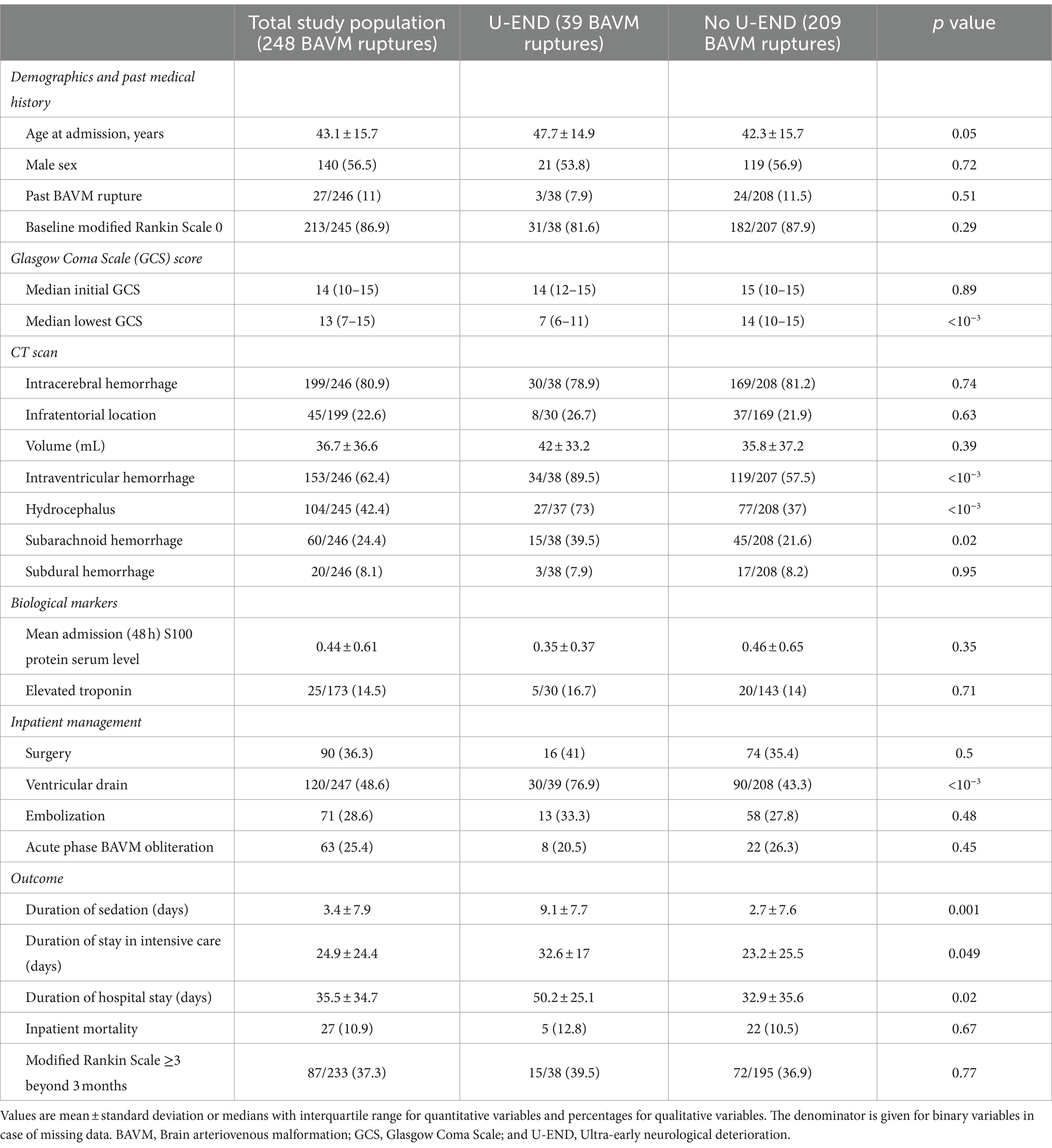Understanding MMR in Gaming: How Matchmaking Rating Shapes Competitive Play
Introduction to MMR in Gaming
In the world of competitive gaming, few acronyms are as crucial as
MMR
-short for
Matchmaking Rating
. This numerical value sits at the core of online multiplayer matchmaking, quietly assessing your skill and ensuring you face opponents of similar caliber. Whether you play
League of Legends
,
Dota 2
,
VALORANT
, or other competitive titles, understanding MMR can improve your experience and help you climb the ranks more effectively
[1]
.
What is MMR?
MMR is a hidden or visible score assigned to each player, representing their relative skill level within a game. The system works behind the scenes to pair you with and against players whose skills closely match your own. This ensures matches are competitive and enjoyable, reducing instances of one-sided games [1] .
The concept is rooted in the Elo rating system developed for chess in the 1960s, which quantifies player performance based on wins, losses, and the strength of opponents. In gaming, MMR adapts these principles to dynamic, team-based environments, accounting for individual and group performance [4] .
How Does MMR Work?
Every player begins with a base MMR , set by the game’s algorithm. As you play, your MMR fluctuates based on match outcomes-winning raises your MMR, losing lowers it. Beating higher-ranked opponents results in greater MMR gains, while losses to lower-ranked players can significantly decrease your rating. For new accounts, a series of placement matches determines your starting MMR and rank tier [5] .

Source: chicago.gov
Most games utilize rank tiers to represent MMR levels, such as Bronze, Silver, Gold, Diamond, Masters, and Grand Masters. These tiers provide visible milestones and motivate players to improve. Some systems factor in individual performance metrics-kills, assists, objectives-beyond simple win/loss, giving nuanced feedback on your progression [2] .
MMR in Popular Games: Examples and Case Studies
Let’s illustrate MMR’s impact with real-world examples:
League of Legends: Players are placed in ranked tiers after a series of placement matches. Your wins, losses, and individual performance affect your MMR and, consequently, your visible rank.

Source: bbc.com
VALORANT: Competitive queue access is granted after reaching level 20. Players then complete five placement games to determine their starting rank, with ongoing MMR adjustments as they play. Each competitive “split” resets placements, keeping the competition fresh [5] .
During the Corporate Esports Association’s Fall 2020 season, analysis of 153 team-based matches showed that the team with the higher average MMR won 72% of the time. This underscores MMR’s effectiveness in predicting match outcomes, though upsets and surprises remain possible [3] .
Why Does MMR Matter?
MMR systems are designed to:
- Create balanced matches: By matching players of similar skill, MMR reduces frustration and enables more competitive play.
- Track progression: MMR reflects your improvement over time, providing motivation and goals.
- Combat unfair play: Systems adjust for “smurfing” (experienced players using new accounts), quickly matching them with appropriate opponents [5] .
MMR is especially important for ranked and esport modes, where fair competition is critical. It also influences eligibility for certain game modes-some require minimum MMR or rank before entry, ensuring all participants have demonstrated sufficient skill [5] .
How to Improve Your MMR
If you’re looking to boost your MMR, consider the following steps:
- Consistent Play: Focus on regular practice and aim to win matches. MMR is primarily influenced by your win/loss record.
- Individual Performance: In games that factor personal stats, prioritize objectives, teamwork, and strong individual contributions.
- Avoid Toxicity: Negative behavior can lead to bans or penalties, impacting your ranked progression.
- Account Security: Protect your account from unauthorized access, as compromised accounts may lose MMR due to poor performance by others.
- Learn from Losses: Analyze defeats to understand weaknesses and improve your strategies.
For games with visible rank tiers, strive to consistently perform above your current level. Placement matches are crucial-prepare and play your best to secure a strong starting position [2] .
Challenges and Alternatives
While MMR is widely used, it’s not without challenges:
Invisible Ratings: Some games keep MMR hidden, leading to confusion about progression and matchmaking quality. In such cases, rely on visible rank tiers and post-match feedback to gauge improvement.
Smurfing and Boosting: Experienced players using new accounts can distort matchmaking. Developers combat this by rapidly adjusting MMR based on performance anomalies [5] .
Alternative Systems:
Some games use alternative ranking systems, such as
Skill Rating (SR)
or direct leaderboards. These may incorporate similar principles but differ in visibility, update frequency, or calculation methods
[3]
.
Actionable Guidance and Resources
If you want to track or understand your MMR in a specific game:
- Consult official game forums and support resources for detailed explanations of MMR mechanics.
- Search for “[Game Name] MMR explained” on reputable gaming websites and community hubs.
- Some games display your rank, which reflects your approximate MMR. Review post-match reports and season summaries to monitor progress.
- If your game offers public APIs or third-party analytics tools, these can sometimes provide deeper insights into your MMR trajectory. Always use only official or widely-recognized platforms for account safety.
For player support or account issues, contact the official support channels listed on the game’s website or in-client help section. Game publishers regularly update matchmaking systems-stay informed by following patch notes and blog posts from official sources.
Key Takeaways
MMR is the foundation of fair and competitive gaming online. By understanding how your Matchmaking Rating works, you can focus your efforts on genuine skill improvement, enjoy more balanced matches, and progress toward higher ranks. While each game has its unique approach, the core principles remain the same: win consistently, perform well, and engage positively with the community. For further guidance, seek out your game’s official resources or trusted gaming news platforms for the latest updates on matchmaking systems.
References
- [1] GameTree (2024). What Is MMR in Gaming? MMR Definition Explained.
- [2] Elo Boost (2024). What is MMR in Gaming and Does It Matter?
- [3] Corporate Esports Association (2021). MMR and Who Actually Wins.
- [4] G2A News (2025). MMR in Gaming: What MMR Means and How It Works.
- [5] Hitmarker (2022). What does “MMR” mean in gaming?



